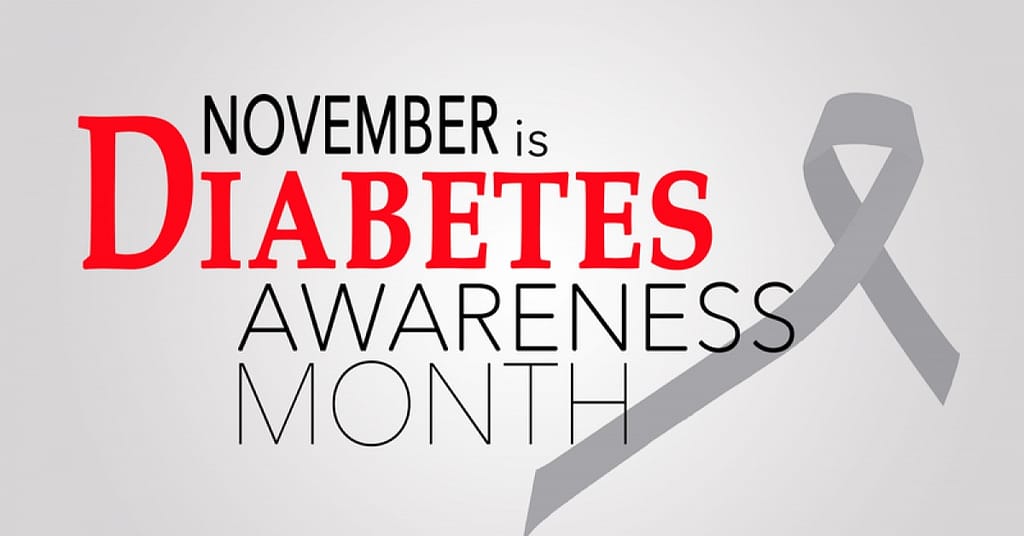(Carrick Pharmacy News) If you have been diagnosed with diabetes, you may feel overwhelmed — and that’s understandable. But you can take steps to both ease your anxiety and get on the road to effective diabetes management.
Understand Your Condition
Type 2 diabetes is a condition in which there is too much glucose (sugar) in your blood because your body does not make or use insulin well.
Over time, having too much glucose in your blood can cause serious health problems. Diabetes can damage your eyes, kidneys, and nerves and increase your risk of heart disease and stroke.
It’s important to understand your condition and how to manage it. Careful management of diabetes can reduce your risk of serious and life-threatening complications.
Diabetes ABCs
It is also important to know your diabetes ABCs:
- A: A1C. The A1C test provides information about a person’s average blood sugar levels over the last three months. This information can not only help a doctor diagnose type 2 diabetes and prediabetes, it can also help determine if your treatment plan is working to maintain blood sugar levels within the normal range.
- B: Blood pressure. Keep your blood pressure within the normal range. If your blood pressure becomes too high, it can increase your risk for a stroke and damage your kidneys. Although adopting certain lifestyle changes can help lower your blood pressure, medication may be necessary.
- C: Cholesterol. Diabetes can increase the risk for heart disease. And high cholesterol also increases the risk for heart disease, so it is important to keep your cholesterol within the normal range to lower your risk. Although certain lifestyle changes can help lower your cholesterol, medication may be necessary.
Your health care provider will indicate your A1C, blood pressure and cholesterol goals.
Monitoring Your Blood Sugar
It is very important to monitor your blood sugar regularly to ensure your blood sugar level remains within your target range. Keeping your blood sugar within the normal range prevents further damage to your body and can help your health care provider know if your treatment plan is working. Your health care provider can make any necessary adjustments to your treatment.
Your health care provider will recommend how often to check your blood sugar each day. Several blood glucose meters and testing tools are available.
Keep Your Vaccinations Up to Date
It is important to keep your vaccinations up to date. Experts recommend getting your flu shot each year. In addition, your doctor may recommend the pneumonia vaccine and other vaccinations.
Exercise
Exercise can help you improve your blood sugar control and reduce your risk of heart disease and stroke. It can also improve your mood.
If you find it hard to find the motivation to exercise, find a friend or family member to join you. You do not have to exercise for hours. Start slow and work your way up to 30 minutes a day. The goal is to make exercise part of your daily routine.
And exercise does not have to be boring. Dancing and water aerobics are fun and do not feel much like exercise. Find what you enjoy and make it part of your routine.
Before you start an exercise program, ask your doctor or pharmacist about which kinds of physical activities and programs are safe for you. Not all programs are safe for everyone.
If you have any further questions about managing your diabetes, speak with your health care provider.



